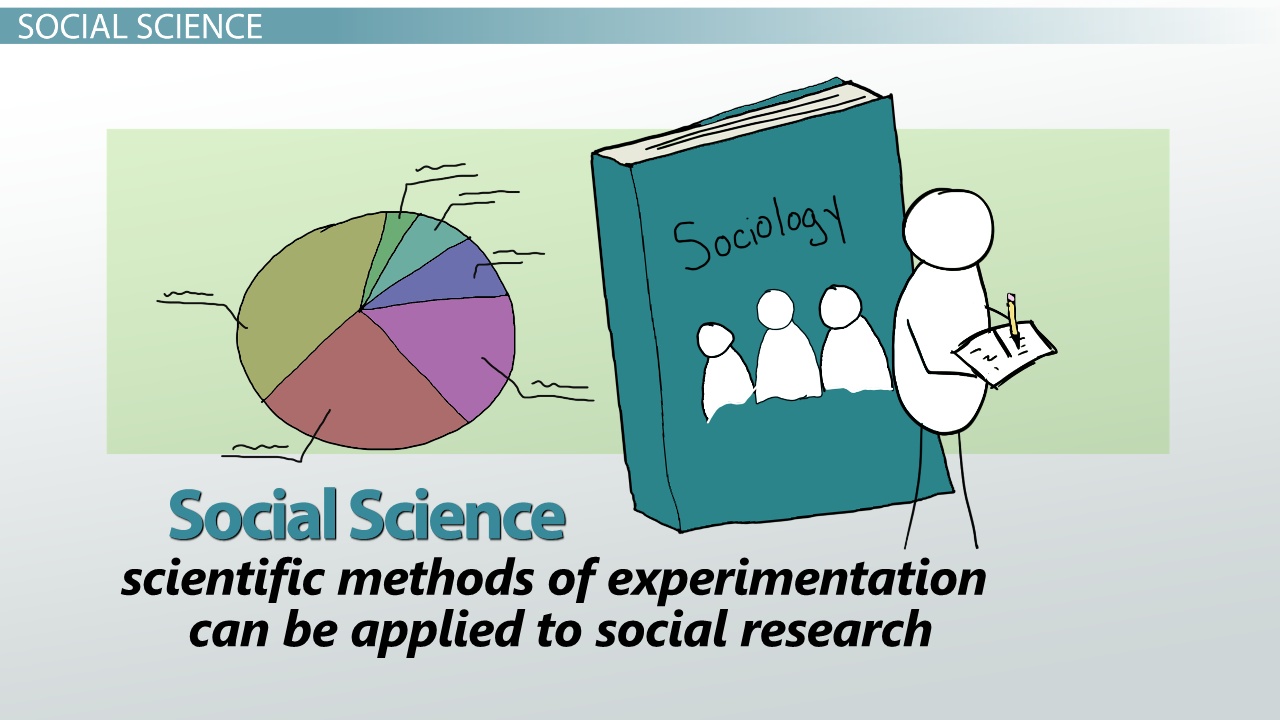Kazuo Ishiguro: How Memory Shapes Narrative And Identity

Table of Contents
The Unreliable Narrator as a Vehicle for Exploring Memory's Fallibility
Ishiguro frequently employs unreliable narrators, characters whose perspectives are skewed by memory's inherent limitations and biases. This technique allows him to explore the subjective nature of truth and the complex ways in which we shape our understanding of the past.
The limitations of memory in Never Let Me Go
Never Let Me Go, Ishiguro's dystopian novel, exemplifies this approach. Kathy, the narrator, recounts the lives of clones raised for organ donation. Her fragmented memories, often hazy and incomplete, shape our understanding of their existence.
- Fragmented Memories: Kathy's recollections are not linear; they are scattered, piecing together a picture of her childhood and the unsettling reality of her predetermined fate. This fragmented nature mirrors the instability of memory itself.
- Unreliable Perspective: As a clone, Kathy's perspective is inherently limited. Her upbringing and the societal constraints surrounding her condition influence her perception of events, creating a biased and incomplete narrative.
- Repressed Memories and a Controlled Past: The clones’ past is controlled and heavily regulated. The suppression of certain truths and emotions directly impacts their understanding of their identities and their tragic future. This leads to the distortion and selective recall of significant events. The search for their "possible" selves highlights the impact of a manufactured past on their self-discovery.
The novel masterfully uses the unreliable narration of Never Let Me Go to highlight how a controlled past and repressed memories distort the understanding of personal identity and the search for self.
Subjective truth and the construction of self in The Remains of the Day
The Remains of the Day offers another compelling exploration of memory's fallibility. Stevens, a butler, recounts his years of service in a grand English estate. His narrative, however, is filtered through his selective memory, demonstrating the impact of emotional repression on self-understanding.
- Selective Memory: Stevens deliberately avoids confronting painful or emotionally challenging aspects of his past, including his own complicity in Lord Darlington's collaboration with the Nazis. This selective recall prevents him from achieving a true understanding of himself.
- Emotional Repression: Stevens's rigid adherence to duty and formality masks deep-seated emotions and regrets. His constrained narrative reveals a suppressed emotional life and an incomplete self-understanding. His inability to express emotion becomes a barrier to genuine self-reflection.
- Social Class and Memory: His position within the rigid social hierarchy of post-war Britain heavily influenced his memories and the narrative he constructs. This impacts how he remembers and interprets events, shaping his identity as a loyal but ultimately self-deceived servant.
The novel skillfully reveals how social pressures and emotional repression can distort memory and impact the construction of personal identity through the unreliable narrative of Stevens.
Memory, Trauma, and the Creation of Narrative in Ishiguro's Works
Many of Ishiguro’s novels use the lens of memory to examine the lasting effects of trauma on identity and the narratives we create to cope with it.
Trauma and its effect on narrative in A Pale View of Hills
A Pale View of Hills portrays Etsuko, a Japanese woman living in England, grappling with the trauma of her daughter's death and the complex memories surrounding her. The novel is structured around her fragmented and unreliable recollections, showcasing the impact of unresolved trauma.
- Fragmented Recollections: Etsuko's narrative is punctuated by flashbacks and incomplete memories, reflecting the disorienting effect of trauma on the mind. The narrative jumps across time, mirroring the fragmented nature of her memory.
- Guilt and Trauma: Her narrative is colored by intense guilt and unspoken trauma surrounding her daughter’s suicide and the complex political climate of post-war Japan. This unresolved trauma prevents her from fully understanding and coming to terms with her daughter's death.
- Unspoken Trauma and Relationships: The novel explores the devastating impact of unspoken trauma not just on Etsuko's identity, but also on her relationships with other characters. The fractured memories prevent her from forming healthy attachments and resolving her grief.
The power of A Pale View of Hills lies in its portrayal of the ways in which unresolved trauma shapes narrative and influences the construction of individual identity.
The power of collective memory and its influence on identity in When We Were Orphans
When We Were Orphans follows an investigator searching for his lost parents in 1930s Shanghai. The novel uses unreliable investigation and fragmented memories both personal and collective to explore the unreliable nature of historical memory and the construction of identity within it.
- Fragmented Memories and Unreliable Investigation: The protagonist's quest is driven by his own fragmented memories and the conflicting accounts he encounters, raising questions about the reliability of individual and collective memory. The narrative structure reflects his uncertain path.
- Collective Memory and Identity: The novel delves into the role of collective memory in shaping the protagonist's identity as he attempts to uncover his family’s past. His investigation exposes how individual and collective memories can be manipulated, creating diverse and conflicting accounts of the past.
- Historical Memory and Identity: The investigation takes place against the backdrop of a politically turbulent time, highlighting how historical events and collective memory impact the protagonist’s understanding of his identity and his search for his family.
The novel utilizes the investigative process to illuminate the power of collective memory and its crucial role in shaping individual identity in a historical and political context.
The Interplay of Past, Present, and Identity in Ishiguro's Novels
Across Ishiguro's oeuvre, the past is never merely a prelude to the present; it is actively shaping it, influencing the characters' decisions, relationships, and self-understandings.
How the past shapes the present in Ishiguro's oeuvre
Ishiguro consistently demonstrates how the past illuminates present anxieties and concerns. This is exemplified through recurring themes across his novels, establishing a powerful link between past traumas and present-day struggles.
- Loss and Regret: The weight of past losses and regrets profoundly impacts the characters’ present lives and their capacity for emotional connection and self-acceptance.
- Identity Formation: The past shapes the characters' identities in both subtle and profound ways. Understanding their pasts is crucial to understanding who they are in the present.
- The Search for Meaning: Ishiguro explores the enduring human need to make sense of the past to find meaning and purpose in the present. The unreliable nature of memory often complicates this endeavor.
- Temporal Narrative: The past and present are intertwined in a complex temporal narrative, highlighting the fluidity of time and the ever-present impact of past experiences on the present.
Ishiguro’s consistent use of unreliable narrators underscores the subjective nature of memory and its influence on identity formation. The past is not merely a collection of facts, but a powerfully subjective experience shaping the present.
Conclusion
Kazuo Ishiguro consistently employs the exploration of memory as a central element in crafting compelling narratives. Through unreliable narrators and fragmented recollections, he reveals the complexity of human identity and the significant influence of the past on our present selves. By examining the subtle ways memory shapes and distorts our understanding of events and our very identities, Ishiguro compels readers to question the nature of truth and the construction of self. Further exploration of the profound impact of Kazuo Ishiguro memory on his work will undoubtedly enrich our understanding of the human condition and the intricate interplay between narrative and identity. Continue exploring Ishiguro's masterful use of memory to deepen your appreciation of his literary genius and the complexities of human experience.

Featured Posts
-
 Claire Williams Handling Of George Russell A Critical Analysis
May 26, 2025
Claire Williams Handling Of George Russell A Critical Analysis
May 26, 2025 -
 Why Did Trump Attack European Trade Policies An Analysis
May 26, 2025
Why Did Trump Attack European Trade Policies An Analysis
May 26, 2025 -
 Canyon Aeroad Mathieu Van Der Poels Custom Ride For Tirreno Adriatico
May 26, 2025
Canyon Aeroad Mathieu Van Der Poels Custom Ride For Tirreno Adriatico
May 26, 2025 -
 The Hells Angels A Sociological Study
May 26, 2025
The Hells Angels A Sociological Study
May 26, 2025 -
 Enquete Sur Le Nouveau Siege De La Rtbf La Ministre Galant Intervient
May 26, 2025
Enquete Sur Le Nouveau Siege De La Rtbf La Ministre Galant Intervient
May 26, 2025
